General description
LPHN3 (latrophilin3) is a G-protein couple receptor (GRPC) belonging to the LPHN family. It is the major LPHN member expressed in brain, especially in cerebellum, cerebral cortex, amygdala, and caudate nucleus. This gene is localized to human chromosome 4q. It has a 19-amino acid leader peptide in its long N-terminal exoplasmic region, and it spans the membrane seven times. It also contains a glycosylation region rich in serine/threonine.
Immunogen
adhesion G protein-coupled receptor L3
Application
All Prestige Antibodies Powered by Atlas Antibodies are developed and validated by the Human Protein Atlas (HPA) project and as a result, are supported by the most extensive characterization in the industry.
The Human Protein Atlas project can be subdivided into three efforts: Human Tissue Atlas, Cancer Atlas, and Human Cell Atlas. The antibodies that have been generated in support of the Tissue and Cancer Atlas projects have been tested by immunohistochemistry against hundreds of normal and disease tissues and through the recent efforts of the Human Cell Atlas project, many have been characterized by immunofluorescence to map the human proteome not only at the tissue level but now at the subcellular level. These images and the collection of this vast data set can be viewed on the Human Protein Atlas (HPA) site by clicking on the Image Gallery link. We also provide Prestige Antibodies® protocols and other useful information.
Biochem/physiol Actions
The exact functional characteristics of LPHN3 (latrophilin3) are not yet understood. In vitro studies show that this protein acts as a receptor for fibronectin leucine-rich repeat transmembrane (FLRT) protein, and this complex might be involved in the glutamatergic synapse development. SNPs in this gene influence metabolism in neuronal circuits, which are involved in attention-deficit/hyperactivity disorder (ADHD). Variants in this gene are associated with susceptibility to ADHD. Studies show that elevated LPHN3 mRNA expression in breast cancer is associated with axillary-node metastasis.
Features and Benefits
Prestige Antibodies® are highly characterized and extensively validated antibodies with the added benefit of all available characterization data for each target being accessible via the Human Protein Atlas portal linked just below the product name at the top of this page. The uniqueness and low cross-reactivity of the Prestige Antibodies® to other proteins are due to a thorough selection of antigen regions, affinity purification, and stringent selection. Prestige antigen controls are available for every corresponding Prestige Antibody and can be found in the linkage section.
Every Prestige Antibody is tested in the following ways:
- IHC tissue array of 44 normal human tissues and 20 of the most common cancer type tissues.
- Protein array of 364 human recombinant protein fragments.
Linkage
Corresponding Antigen APREST72455.
Physical form
Solution in phosphate-buffered saline, pH 7.2, containing 40% glycerol and 0.02% sodium azide
Legal Information
Prestige Antibodies is a registered trademark of Sigma-Aldrich Co. LLC
Disclaimer
Unless otherwise stated in our catalog or other company documentation accompanying the product(s), our products are intended for research use only and are not to be used for any other purpose, which includes but is not limited to, unauthorized commercial uses, in vitro diagnostic uses, ex vivo or in vivo therapeutic uses or any type of consumption or application to humans or animals.
- UPC:
- 12352207
- Condition:
- New
- Weight:
- 1.00 Ounces
- HazmatClass:
- No
- WeightUOM:
- LB
- MPN:
- HPA015027-100UL












